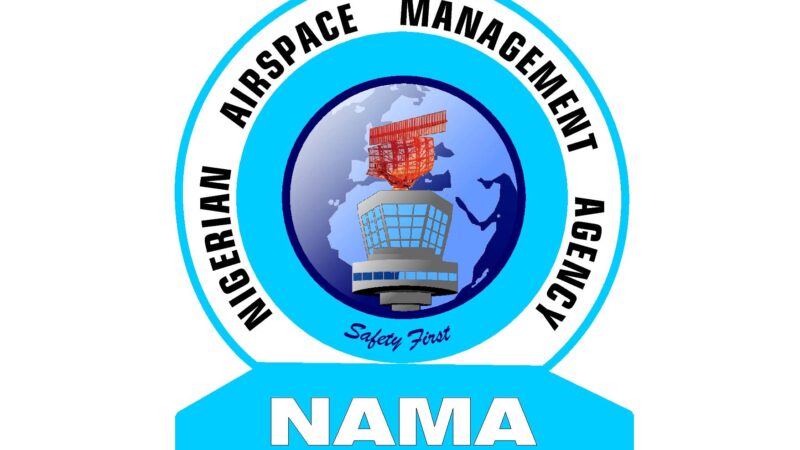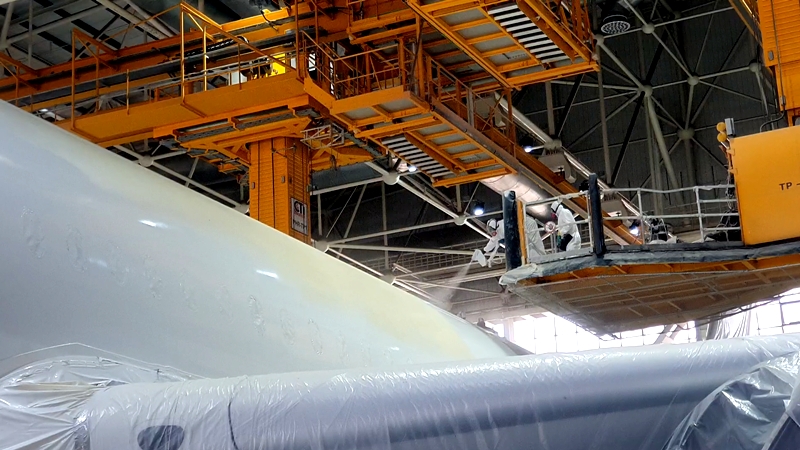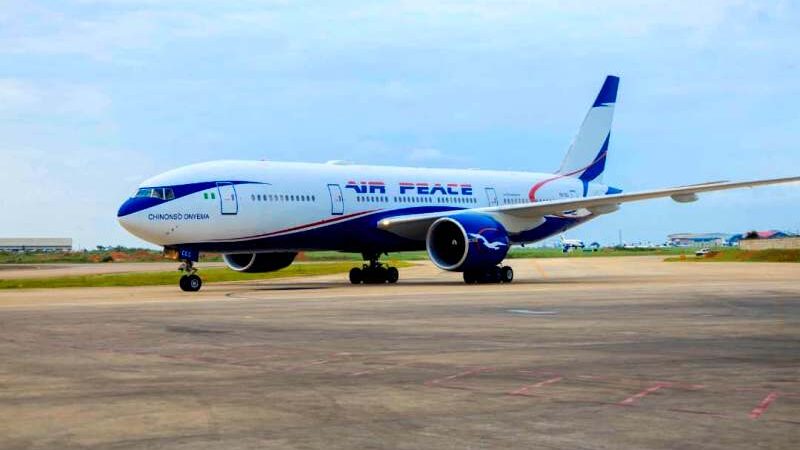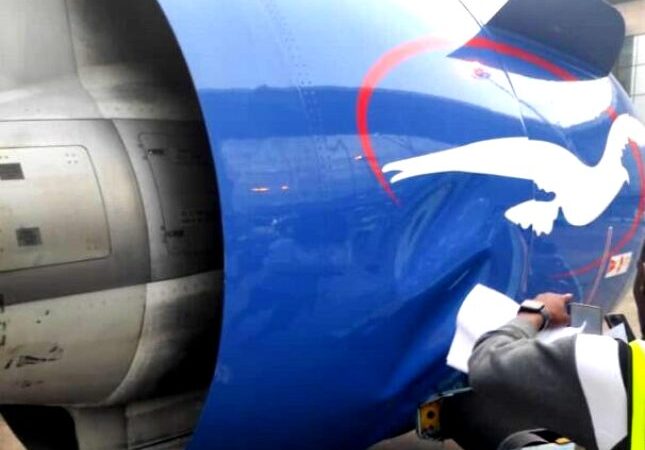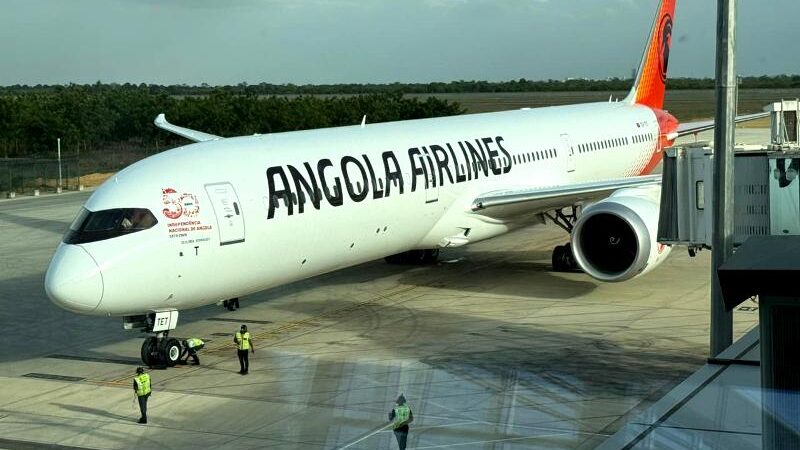How To Reduce Ground Handling Accidents, By AGHAN
The Association of Ground Handlers of Nigeria (AGHAN), says improving the use of airside vehicles to ensure optimum delivery and safety, use of appropriate safety management systems, modern technology as well as training, can help to reduce accidents related to ground handling services.
A presentation AGHAN at the on-going FAAN National Aviation Conferences (FNAC) in Abuja with the theme: ‘Advancing the Frontiers of Possibilities for Safe, Secure and Profitable Air Transport reads “To reduce these accidents, improving the use of airside vehicles to ensure optimum delivery and safety can reduce operational disruption. It involves different parts of ground handling teams working together effectively to promote efficient and safe ground handling operations within an established safety culture. Using appropriate safety management systems and focussing on continuous improvement will help to achieve optimum standards.”
AGHAN further states that “GSE with enhance modern technology, aircraft and GSE docking alignment markings and sensors and auto-navigating systems to the GSE. These are recipe for reducing aircraft damage. However, these new technologies are helping to reduce aircraft damage, but ground handlers require training to effectively use the equipment, and reliably so too.”
AGHAN says “since its formation, the association has negotiated with the Federal Government, airlines, and other stakeholders to put necessary regulations and policies in place. In fact, its birth has brought positive changes to the entire sector.” It has also done “investment in modern GSE and automation of the aviation handling process, reductions in incidents and accidents by encouraging compliance and standardization among members, fostered unity, collaboration in areas of equipment rentals for quick turn around and service efficiency” and was able to sustain the industry during Covid-19 Pandemic.
The association identified areas requiring collaboration from other industry stakeholders as “improvement in interconnecting roads across the terminals at the Apron especially between MMIA-MMA2-GAT in Lagos. Because our equipment’s are very low, rough road is not good for hydraulic system. This is also affecting quick turn around and service efficiency.”
There is also required, government support in the areas of access to foreign exchange for the purchase of equipment and spare parts for smooth operations, “waiver on our Imported Ground Support Equipment’s and spare parts. This would enhance our capacity to import more GSE thereby guarantee our sustainability, efficient service delivery that will enhance safety and contribute to industry growth and development.”
“Foreign airlines should pay the dollar equivalent for ground handling services rendered to it to ensure our survival. A key component of the Economic Recovery and Growth Plan (ERGP) is growing non-oil export and recent growth in this sector has seen handling companies’ capacity to handle and process shipments stretched. We therefore request for more deployment of scanning machines and ETD to process beamingly increasing export shipments.”

